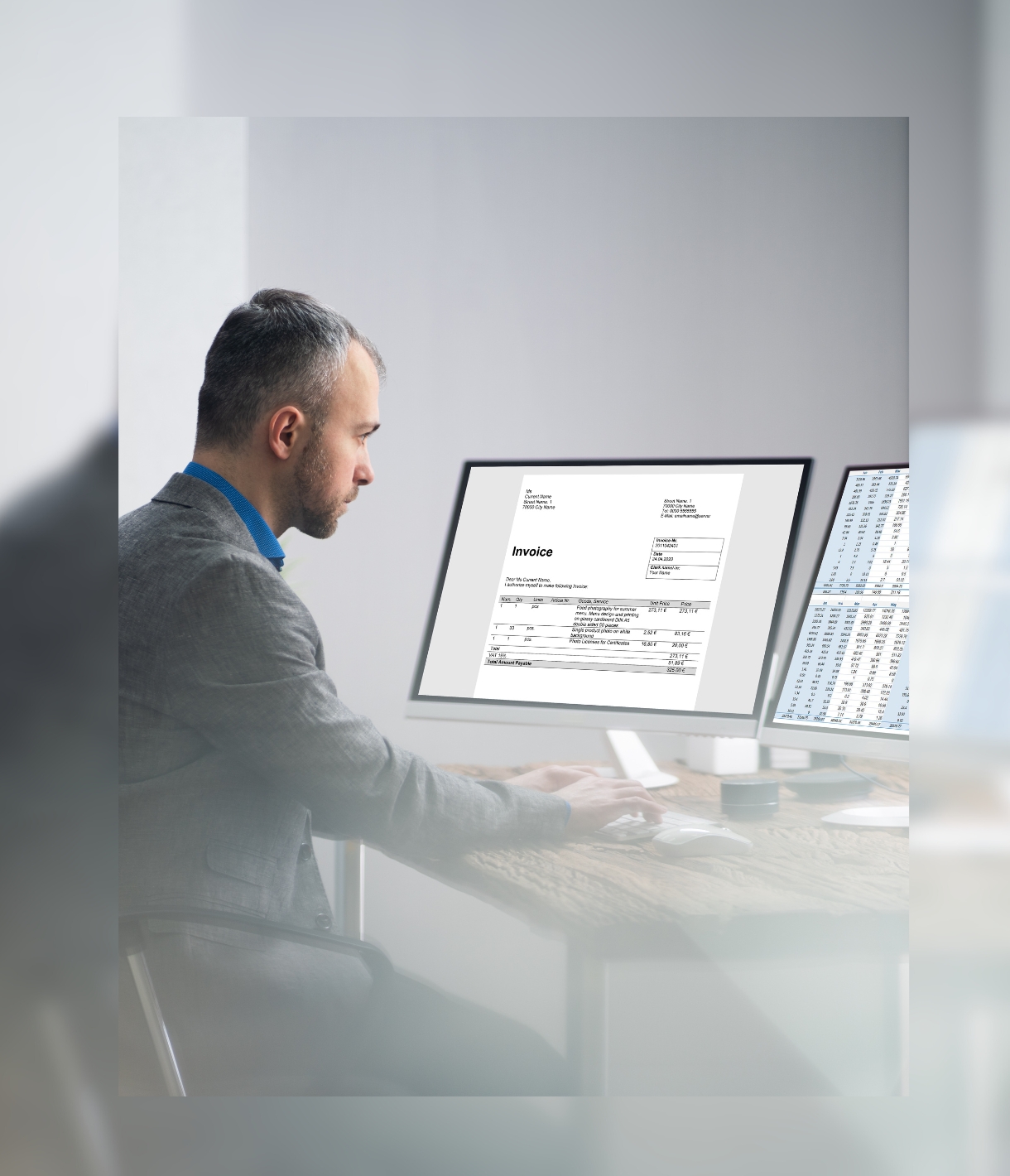La facturación electrónica se ha revelado como una solución moderna y eficaz para gestionar las transacciones comerciales a escala mundial. En Rumanía, la normativa sobre facturación electrónica ha evolucionado para reflejar esta tendencia y fomentar la adopción de métodos más eficientes.
Rumanía ha desarrollado varias soluciones para gestionar la facturación electrónica:
El 15 de diciembre de 2023 entraron en vigor una serie de modificaciones del RO E-Transport System. Antes de la publicación del EGO no. 115/2023, el sistema RO E-Transport sólo se aplicaba en el caso del transporte por carretera de mercancías con alto riesgo fiscal realizado dentro de Rumanía. Esto incluía varias obligaciones de información para las entidades implicadas en transacciones con y/o el transporte por carretera de tales mercancías.
Sin embargo, con la nueva publicación, el ámbito de aplicación del sistema RO E-Transport se ha ampliado para incluir también la obligación de informar sobre el transporte internacional de mercancías por carretera. Dichos transportes deberán notificarse independientemente de la naturaleza de las mercancías (es decir, no solo en el caso de mercancías con alto riesgo fiscal).
Aunque las medidas relativas a la notificación del transporte internacional de mercancías por carretera ya entraron en vigor el 15 de diciembre de 2023, las sanciones por incumplimiento de las nuevas obligaciones relativas al transporte internacional de mercancías por carretera entraron en vigor el 1 de julio de 2024.
La obligación de declarar en el Sistema RO E-Transport los datos relativos al transporte internacional de mercancías incumbe a los siguientes usuarios:
-El destinatario que figure en la declaración en aduana de importación o el remitente que figure en la declaración en aduana de exportación, según proceda, para las mercancías sujetas a operaciones de importación o exportación;
-el perceptor en Rumanía en caso de adquisiciones intracomunitarias de bienes;
-el proveedor en Rumanía, en caso de entregas intracomunitarias de mercancías;
-el depositario, en el caso de mercancías sujetas a transacciones intracomunitarias en tránsito.





